The North and South share many words, but their distinct cultures have grown over hundreds of years. These 18 words can have completely different meanings in the North and South, leaving people bemused.
Coke

In the South, asking for a “coke” can refer to any kind of soda, not just Coca-Cola, and restaurant staff will respond by asking what brand. Southern Living writes that northern tourists should remember that “their options are wide open” when somebody offers them a coke.
Tea

In the South, “tea” is sweet and served chilled throughout the day with any meal. In the North, tea is served hot and is usually brewed with a teabag, similar to the UK. It isn’t made with sugar, but a spoonful or two can be added after it brews.
Barbecue
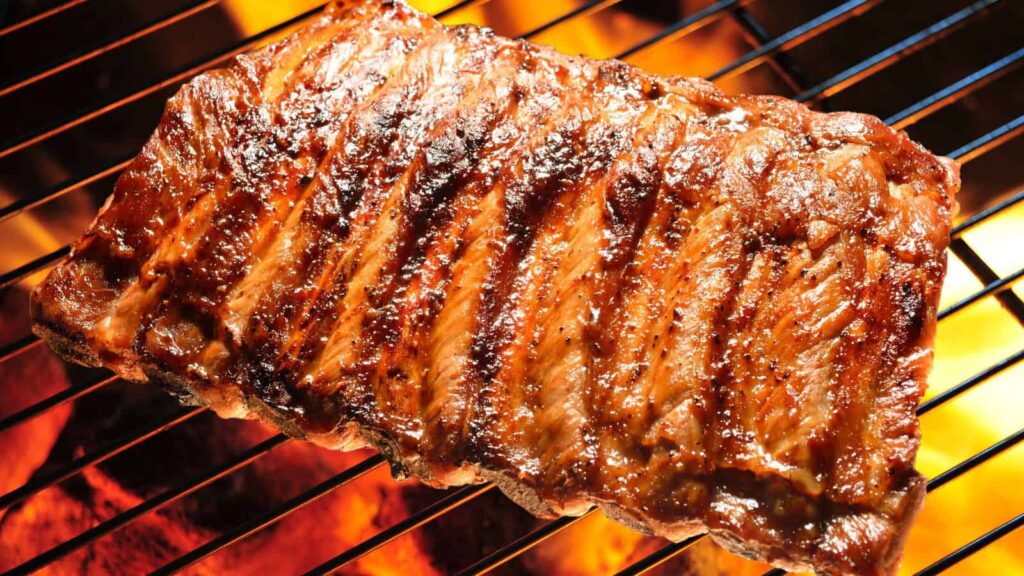
Southerners use the term “barbecue” to refer to the much-loved, deeply ingrained cooking process for meats. There are regional variants, such as Carolina, Memphis, and Texas styles. In the North, a barbecue is a popular outdoor summer cooking event.
Fixin’ to

“Fixin’ to” is a common part of southern vernacular used to mean someone is about to do something. Northerners don’t use the term as much and usually say “about to” instead, recognizing it as a southern staple.
Grits

Grits are a staple in southern cuisine, often served at breakfast. Northerners are less familiar with this savory or sweet porridge dish and are more likely to understand the word as a small piece of sand or stone.
Potluck
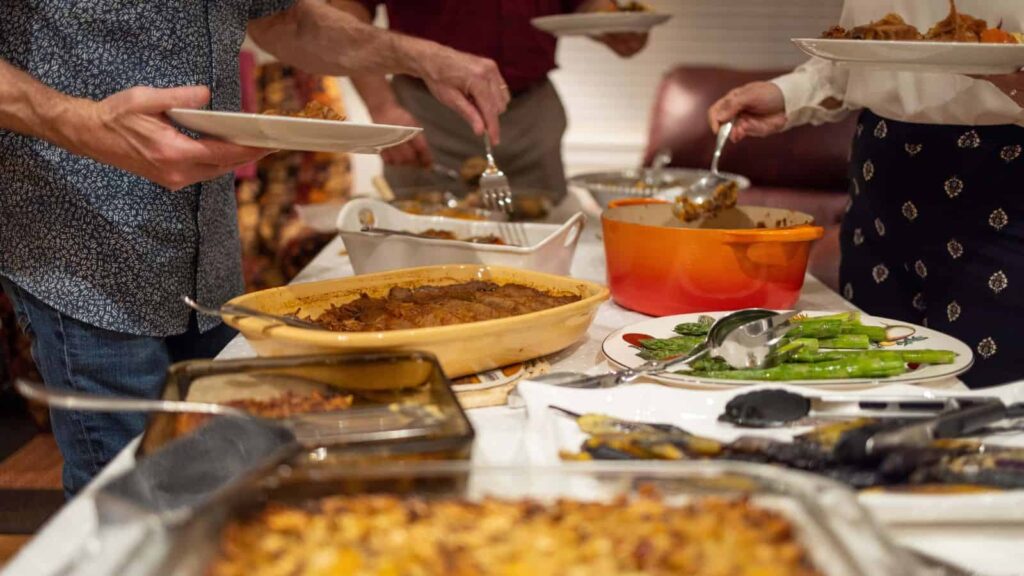
Southerners refer to a “potluck” as a community or church meal where everybody brings a cooked dish to share. Northerners use the term more broadly for any meal event where guests bring a dish, but both regions use it for a meal event.
Reckon

In the South, saying “I reckon” replaces “I guess,” “I think,” and “I imagine,” and is a quintessential southern phrase. Northerners are less likely to use the phrase and will say “I think” instead, which reflects their faster pace of life.
Dinner

In many parts of the South, “dinner” is the midday meal, while “supper” is served in the evening. Northerners typically refer to the evening meal as “dinner.” Apartment Therapy notes that in the past, “in farming communities, the noon meal was the biggest of the day,” which could explain why “dinner has persisted as a reference to the noon meal.”
Snowball

In the North, “a snowball” is a feature of cold, wintry days—a ball of snow. To southerners, particularly Louisianans, a “snowball” is a sweet, flavored shaved ice treat similar to a slushie that’s popular in the summer months.
Buggy
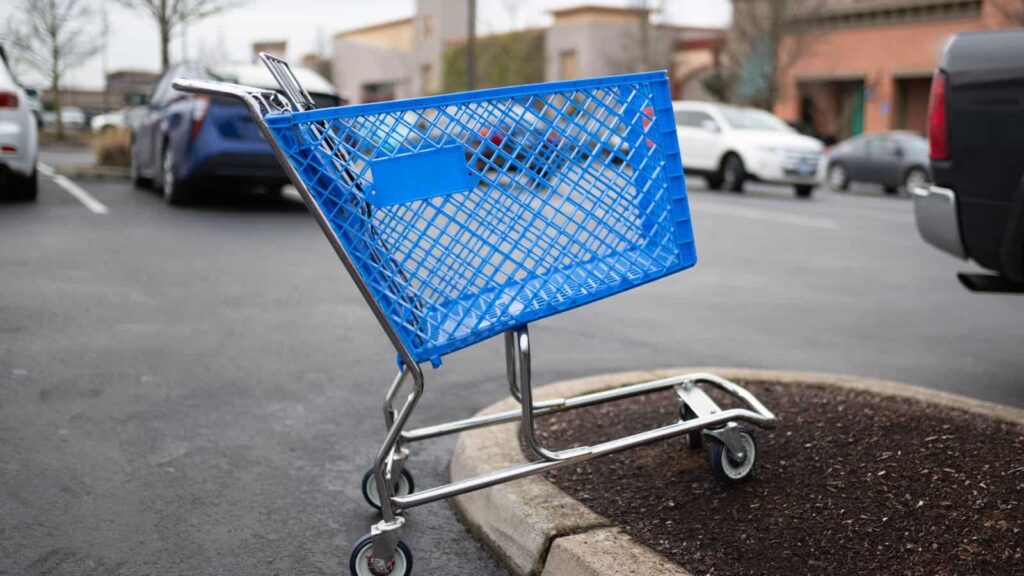
Apart from Floridians, southerners refer to a shopping cart as a “buggy.” Most people in northern and western states use the term “shopping cart,” but some also say “grocery cart.” Most northerners would think of an old-fashioned carriage when they hear “buggy.”
Bless your heart

Southern Living explains that “bless your heart” situations arise daily in the South, and the phrase is usually good-natured. It can also be a polite expression of disapproval that can “sting a little.” The phrase is much less common in the North but is usually less nuanced.
Hushpuppies
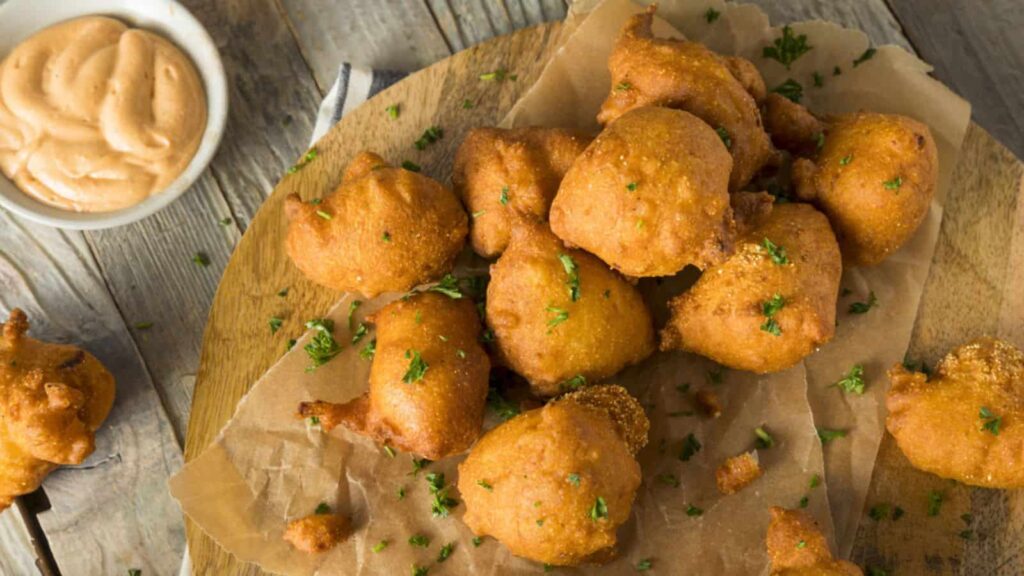
In southern cuisine, “hushpuppies” are popular deep-fried cornmeal balls served as a side dish. Northerners are less familiar with the food but might recognize it from southern-style restaurants or the footwear brand.
Lagniappe
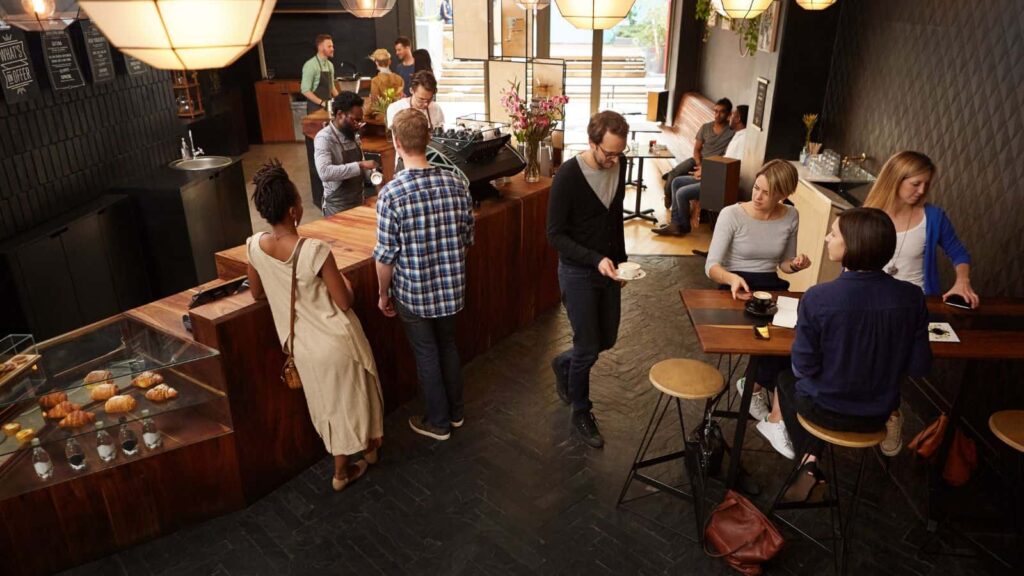
“Lagniappe” is a Louisiana term for something extra that is given to customers. It’s a French-Louisian adaptation of a Quechua word brought by Spanish Creoles. Most northerners are unlikely to understand the word and would say “an extra” or “bonus” instead.
Mason-Dixon Line
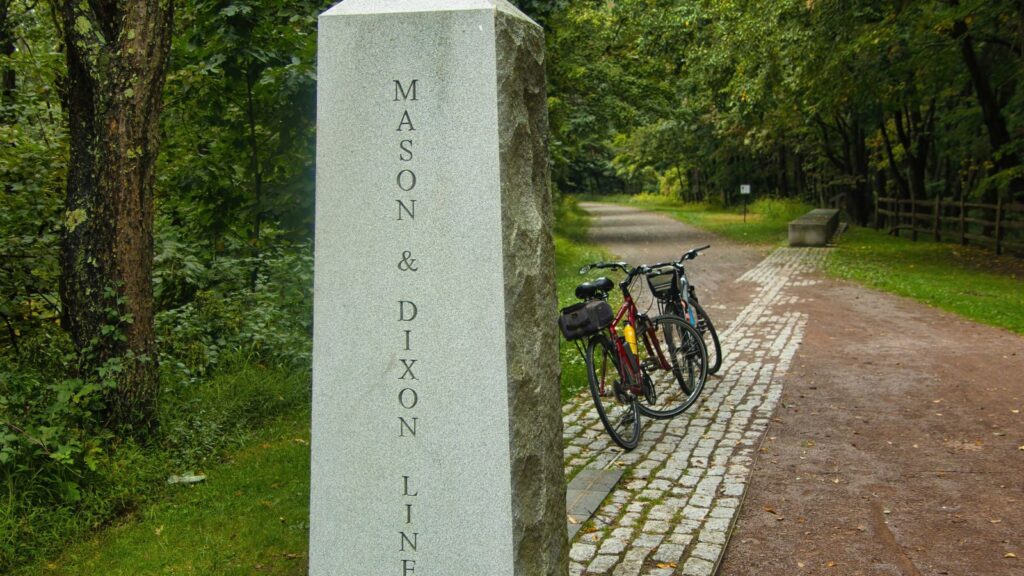
The Mason-Dixon line separates four states, but southerners use the term to symbolize the cultural boundary between the North and South. Northerners are more likely to recognize the term literally as a historical border.
Yankee

Southerners use “Yankee” to refer to anyone from the North. It’s less common in the North but is used to refer to people from New England. National Geographic explains that the term was used in the Civil War by “Southerners to describe their rivals from the Union, or northern, side of the conflict.”
Bog
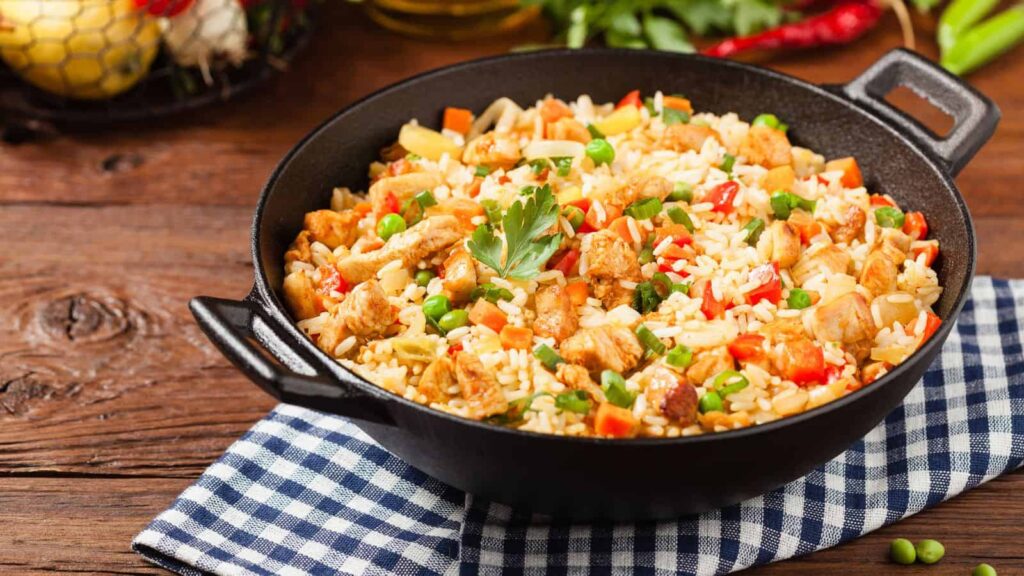
A “bog” can refer to a savory rice dish prized by Carolinans or a wetland in the South. Northerners only use the term to refer to a wetland, but it’s also an informal British term for the toilet.
Fetch

In some southern dialects, to “fetch” means to go and get something. Northerners view it as an archaic term but will use it with their dogs in a park. The word is common in British English for both humans and pets.
Carry

For southerners, “carry” can mean to escort or take someone somewhere, to the store or across the road. In the North, it is typically used only to physically move something like a bag or groceries.
Up Next: 18 Worrying Facts About Life in Medieval Times

The Middle Ages, also known as the medieval period, lasted from 500 AD to 1500 AD and is usually subdivided into the Early, High, and Late Middle Ages. Life in the medieval period was often brutal, with gruesome punishments, wars, and plagues. Here are 18 terrifying facts about life in the medieval period.
18 Worrying Facts About Life in Medieval Times
19 Easy Ways to Fall Back Asleep After Waking Up in the Middle of the Night

We’ve all been there—it’s dark, quiet, and you’re tired, but you’re still constantly tossing and turning, only to finally fall asleep minutes before the alarm goes off! Waking up throughout the night isn’t just frustrating; it also seriously impacts your energy levels. This article focuses on 19 scientifically proven methods that may help you drift back off more easily.
19 Easy Ways to Fall Back Asleep After Waking Up in the Middle of the Night
17 Things That Are Too Woke For Boomers

Our society is so different from what it was decades ago, and boomers don’t like much of what everyone considers normal in today’s society. In this light, here are 17 things about ‘woke culture’ that particularly make boomers uncomfortable.

